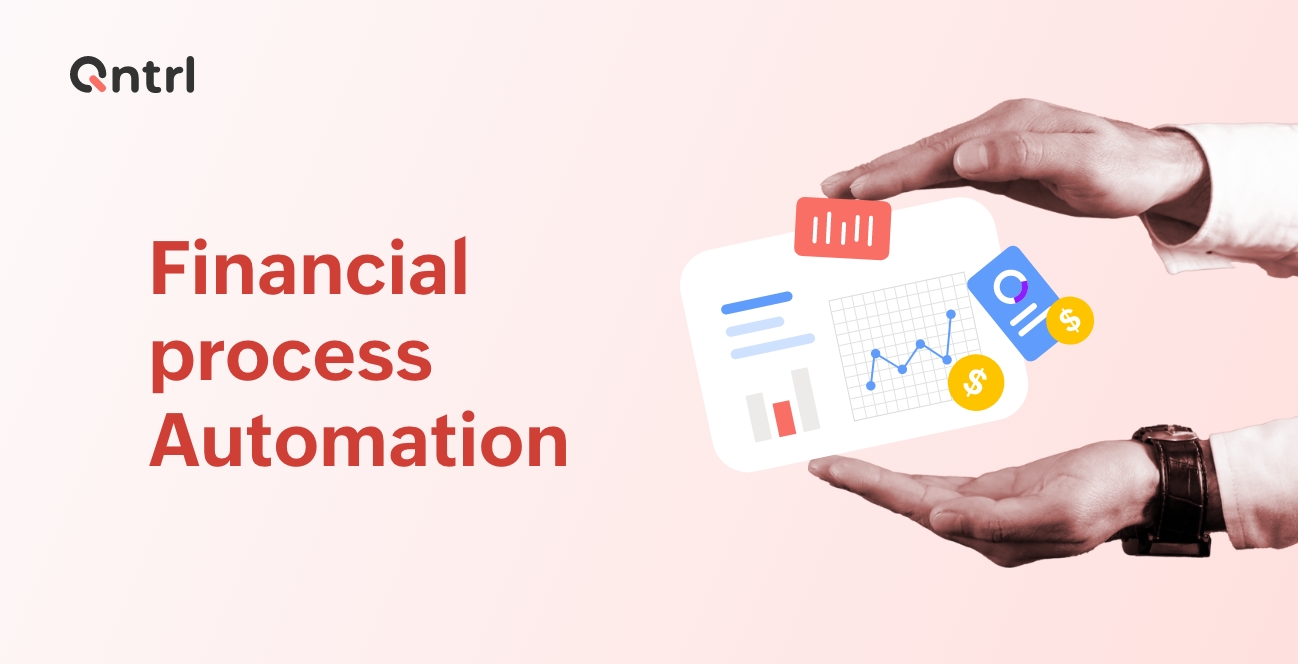The finance industry is not immune to the rapid evolution of digital technology. To stay competitive and relevant in today's fast-paced environment, businesses and organizations must embrace digital transformation.
This blog will explore how digital transformation reshapes the finance industry by improving processes, reducing costs, and increasing efficiency.
What is digital transformation?
From 2020 to 2025, the global market for digital transformation is projected to increase from$469.8 billion to $1,009.8 billion, with a compound annual growth rate (CAGR) of 16.5%.
Digital tools can provide businesses with a wealth of data and insights, allowing them to make informed decisions about their operations, marketing campaigns, and customer service. With the help of analytics tools, businesses can track their performance, monitor customer behavior, and identify areas for improvement. This data-driven approach can lead to increased competitiveness and better outcomes.
Digital transformation integrates digital technologies into business processes, activities, and models to optimize and streamline workflows, enhance customer experience, and drive growth.
What does it mean to digitally transform finance?
The finance industry is highly regulated, and traditional processes are often manual, time-consuming, and error-prone. Digitally transforming finance means using digital technologies to automate processes, improve efficiency, and enhance customer experience.
By leveraging technology to streamline processes such as payments, accounting, reporting, and risk management, the finance industry can become more efficient, agile, and responsive to market needs.
Key areas in finance that need digital transformation
Payments
Payment systems are the backbone of the finance industry. Digitally transforming payment systems involves using mobile payments, contactless payments, and blockchain to make payments faster, more secure, and more efficient.
By adopting digital payment solutions, finance companies can offer their customers more convenient and flexible payment options while reducing the costs and risks associated with traditional payment methods.
Accounting
Digitally transformingaccounting processes involves using cloud-based software, automation, and AI to streamline invoicing, reconciliation, and financial reporting processes.
By automating manual tasks, finance companies can reduce errors and improve accuracy while freeing up resources for more strategic tasks. With real-time access to financial data, companies can make informed decisions and respond quickly to market changes.
Risk management
Risk management involves using advanced technology like a work management tool to identify, assess, and mitigate risks. By automating risk management processes, finance companies can enhance their ability to detect fraudulent activities, comply with regulatory requirements, and mitigate reputational risks.
Robust cybersecurity measures can also help protect against cyber threats, ensuring the security and integrity of sensitive financial data.
Compliance
The finance industry is highly regulated, and compliance is critical to avoid legal and reputational risks. Digital transformation can help improve compliance by automating anti-money laundering (AML) checks and knowing your customer (KYC) requirements.
Agile workflows can also enhance the security and transparency of compliance processes, ensuring finance companies comply with regulatory requirements while reducing costs and improving efficiency.
Data analytics
The finance industry generates vast amounts of data; digital transformation can help turn this data into insights. Data analytics tools within processes like predictive analytics and data visualization can be used to identify trends, make informed decisions, and improve performance.
By leveraging data analytics, finance companies can improve customer segmentation, detect fraud, and optimize their marketing and sales strategies.
Collaboration
Digital transformation can improve collaboration between different departments and stakeholders in the finance industry. Cloud-based collaboration tools, workflow management software likeQntrl, and communication platforms can be used to streamline workflows, enhance communication, and improve teamwork.
What is the best tool for managing the finance processes?
Clearly, a workflow management tool!
Workflow automation is a game-changing tool for finance that can help businesses automaterepetitive and time-consuming tasks, allowing finance teams to focus on more strategic tasks.
Businesses can reduce errors, improve efficiency, and free up resources by leveraging technology to automate workflows. Workflow management is a critical component of digital transformation in finance, enabling businesses to streamline processes to make them more efficient, accurate, and cost effective.
By using workflow management, finance teams can enjoy numerous benefits including:
- Increased efficiency
- Improved accuracy
- Cost savings
- Better visibility
- Enhanced compliance
- Faster response times
Embracing digital transformation in finance is essential for businesses to remain competitive and efficient in today's fast-paced environment.
See how workflow management tools like Qntrl can optimize yourfinance processes.
In the end, the goal of digital transformation is to enhance the customer experience and provide financial solutions that meet their needs. As technology continues to evolve, finance companies must keep up with the changes to remain competitive and relevant.
Workflow management tools like Qntrl can help finance teams navigate the complexities of digital transformation and streamline their processes.
While digital transformation may seem daunting, it is an opportunity for finance companies to adapt to the changing needs of their customers and the market. By embracing digital transformation, businesses can stay agile, innovative, and responsive to market changes, ensuring long-term success in the industry.







